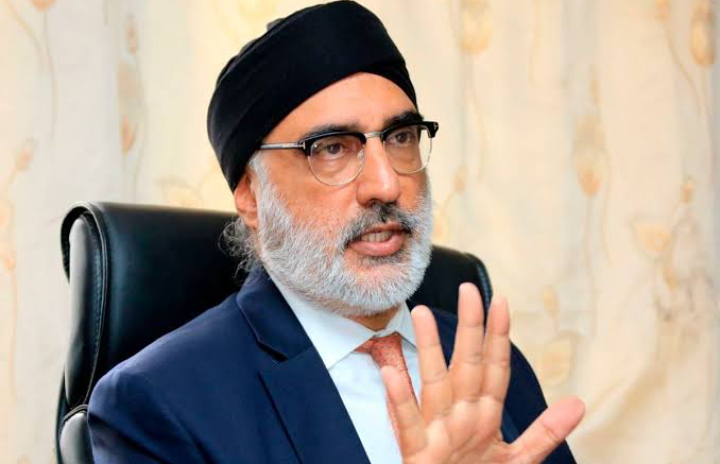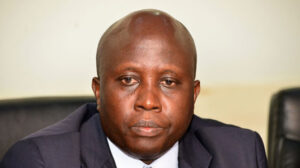The Rai family continues to wield significant influence in Kenya’s energy and infrastructure sectors through its extensive business empire.
Recently, their company, Timsales, secured a Ksh 29.08 million contract with the Rural Electrification and Renewable Energy Corporation (Rerec) to supply treated wooden poles.
This deal is part of a growing trend of the family’s dominance in high-value contracts within the energy sector, adding to their long list of successful ventures.
This is not the first time the Rai family has been linked to major government contracts.
Rai Cement, another subsidiary, won a lucrative Ksh 118.6 million contract to supply concrete poles to Kenya Power, valid until 2025.
The Rai family’s companies have consistently won substantial tenders in both the public and private sectors, including deals in timber, cement, and other critical infrastructure materials.
These contracts have solidified their reputation as key suppliers in Kenya’s energy sector.
However, the family’s business dealings have not been without controversy. Jaswant Singh Rai, the head of the family, has faced allegations of benefiting from politically connected deals.
For instance, Timsales has been linked to the Kenyatta family, raising concerns about potential conflicts of interest in securing government contracts.
Additionally, the Rai family controls nearly half of Kenya’s sugar industry through West Kenya Sugar Limited and other subsidiaries, a position that has come under scrutiny amid accusations of monopolistic practices and the exploitation of small-scale sugar farmers.
Jaswant Singh Rai himself has been involved in legal battles and scandals.
He was recently kidnapped and released after two days, an incident that further highlighted his prominence and the potential risks tied to his business empire.
Moreover, his company, Tulip Properties, has been involved in land disputes, including a contentious battle over a Ksh 1.6 billion piece of land in Nairobi, adding to the string of scandals linked to the family.
Despite these controversies, the Rai family continues to thrive, particularly in sectors vital to national development, such as energy and infrastructure.
Their ability to secure contracts repeatedly raises questions about the transparency of Kenya’s tendering processes and the extent of political connections in business dealings.
Even as Kenya strives for equitable development, the Rai family’s growing empire remains a focal point of debate over the intersection of wealth, power, and public resources.





















Add Comment